The NCAA’s business model of amateurism took another major blow Tuesday, when the Dartmouth men’s basketball team became the first in NCAA Division I history to officially vote to unionize. The vote, which went 13–2, follows a February decision from the National Labor Relations Board regional director that players are classified as employees under U.S. labor law.
The historic vote, which took place on Dartmouth’s campus during a cold and rainy afternoon, is the next step in a long case going through the NLRB that was first filed in September by the players with representation from the Service Employees International Union Local 560 chapter.
“Today is a big day for our team,” Cade Haskins and Romeo Myrthil, two players leading the effort, said in a statement. “We stuck together all season and won this election. It is self-evident that we, as students, can also be both campus workers and union members. Dartmouth seems to be stuck in the past.
“It’s time for the age of amateurism to end,” they said.
If players unionize, they could bargain for everything from wages to limits on hours and overtime pay, as well as become eligible for workers’ compensation—a benefit the NCAA has spent decades trying to keep players from qualifying for. Haskins, a junior, noted he also hoped for extra health insurance benefits to cover costs related to injuries.
A successful union petition could set a new precedent that suggests all D-I basketball players—and potentially all varsity athletes—at private schools could be reclassified as employees. The NLRB doesn’t have jurisdiction over the public sector, but the NCAA may need to allow D-I players at public schools to be employees in order to keep the NCAA intact. (Another NLRB case taking place in California over USC football and basketball player employment status could result in giving the NLRB official jurisdiction over public school D-I athletes, however.)
The vote itself took less than one hour. Players filtered in throughout the 90-minute period to cast their ballots. The majority of the team arrived together between classes in a show of unity. Most went back to class, but Myrthil and Haskins stayed to speak briefly with reporters before going to a 2 p.m. shootaround ahead of their game against Harvard on Tuesday night. NLRB representatives counted the ballots, each one a single yellow piece of paper, in front of a small group of reporters and union and school representatives.
Dartmouth has pulled out all the potential legal stops to prevent the players from being able to unionize—an effort certainly supported by the NCAA, which has been fighting to save amateurism in court for the past decade. Coaches, however, have been “respectful,” Myrthil said.
SEIU Local 560 president Chris Peck said that in all his experience organizing unions at Dartmouth, he’s never seen the university fight an organizing effort as much as the one by the men’s basketball team. “Usually, if they push back, it’s about who is in the bargaining unit,” Peck said after the vote. “It was never saying this whole unit can’t [unionize].”
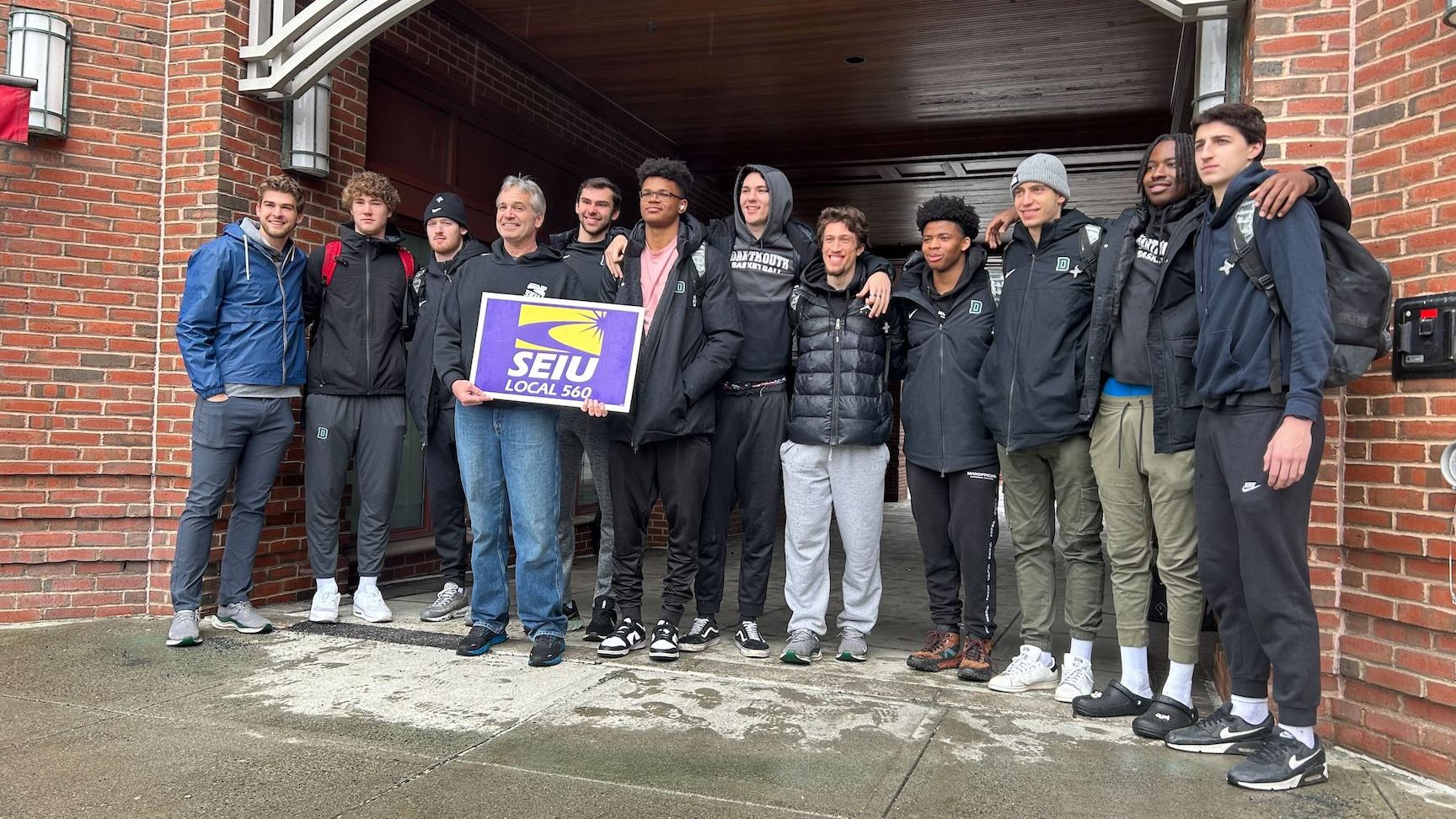
The athletic department distributed communications to dissuade any coaches from supporting a union effort, according to Peck. It also sent the players a letter warning them of “negative” impacts of unionizing ahead of the vote. The letter, obtained by Front Office Sports, suggested that the team would be kicked out of the NCAA if players voted to unionize and brought up the potentially thorny issue of employment impacting international athlete visas. (Myrthil, an international athlete himself, still voted in favor of the union.)
Late last week, Dartmouth filed a motion to stop the vote or at least keep the ballots from being counted and announced publicly, but their efforts did not succeed. After the vote concluded, the university filed its official appeal of the entire ruling to the NLRB’s national board, a process that could go all the way up to the Supreme Court.
“For decades, Dartmouth has been proud to build productive relationships with the five unions that are currently part of our campus community,” the school said in a statement. “In this isolated circumstance, however, the students on the men’s basketball team are not in any way employed by Dartmouth. For Ivy League students who are varsity athletes, academics are of primary importance, and athletic pursuit is part of the educational experience. Classifying these students as employees simply because they play basketball is as unprecedented as it is inaccurate. We, therefore, do not believe unionization is appropriate.”
The players first decided to unionize after watching a similar effort by Dartmouth dining hall workers. Haskins, who is himself a dining hall worker, told reporters that he saw how a collective bargaining effort got workers major perks like doubled salaries and additional days off, and he hoped that the men’s basketball team could win more benefits as well. Players then tapped the local chapter of the SEIU to help file the petition.
They’re working on forming an Ivy League Players Union and told reporters that they’ve gotten interest from players at multiple major conferences who wanted to learn more about the unionization process. Of which other non–Ivy League athletes are interested, Haskins said: “Most conferences, honestly. You name it, most likely someone there is interested.” Haskins and Myrthil said they hope that all NCAA athletes have the opportunity to unionize and collectively bargain, if they wish.
This isn’t the first time an NCAA team has conducted a vote to unionize. The Northwestern football team tried to unionize through the NLRB in 2014, though the results of their vote were never announced to the public since the case ultimately failed.
While the path to college athlete employment remains long, the players at Dartmouth seem committed to seeing it through. Myrthil and Haskins said they were confident that, as the appeals process winds through the courts, younger players on the team will continue their pro-union efforts if they graduate before the appeals.
After the vote concluded, players shifted their focus straight from their advocacy to preparing for Harvard—just as professionals would.
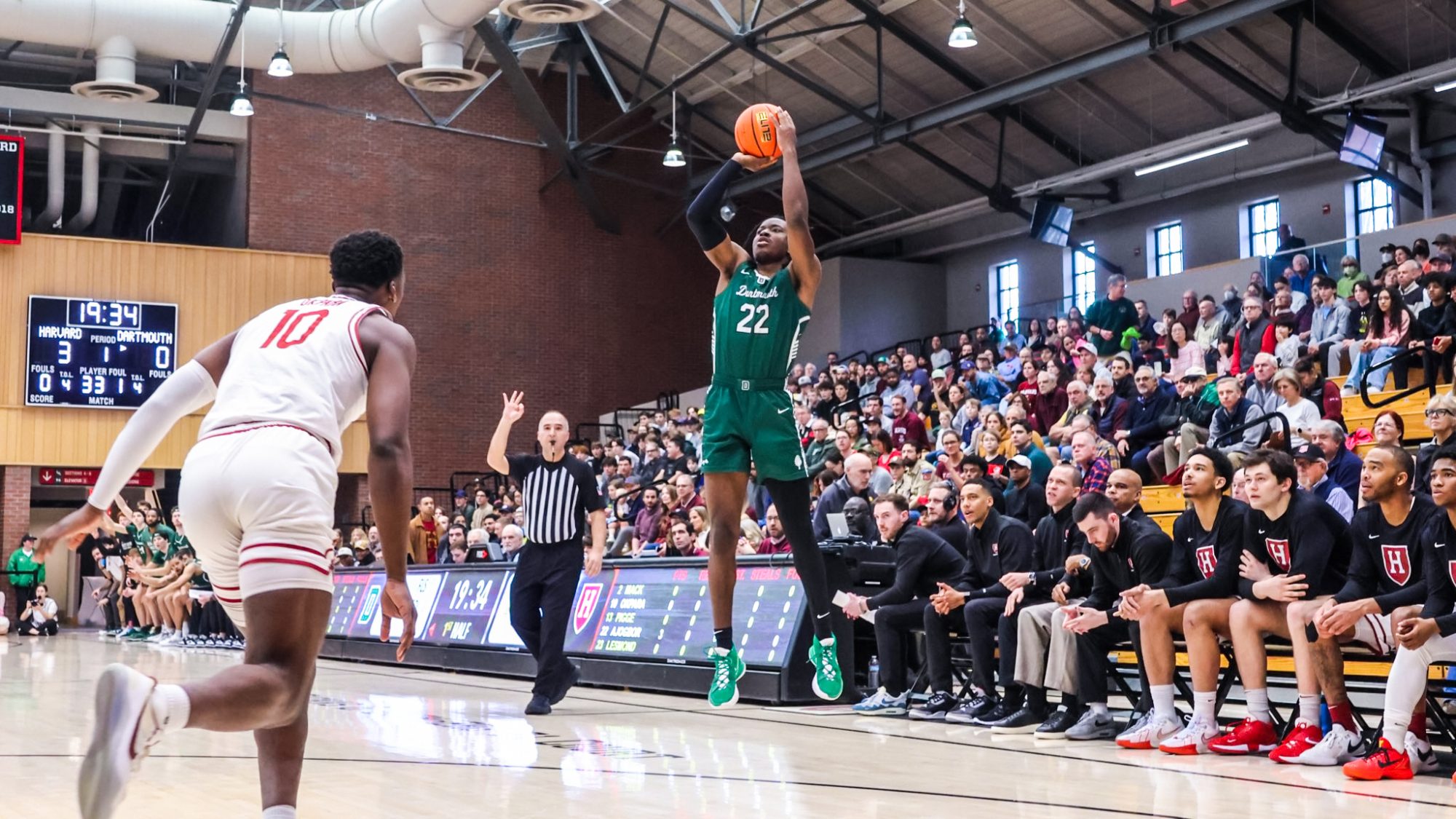
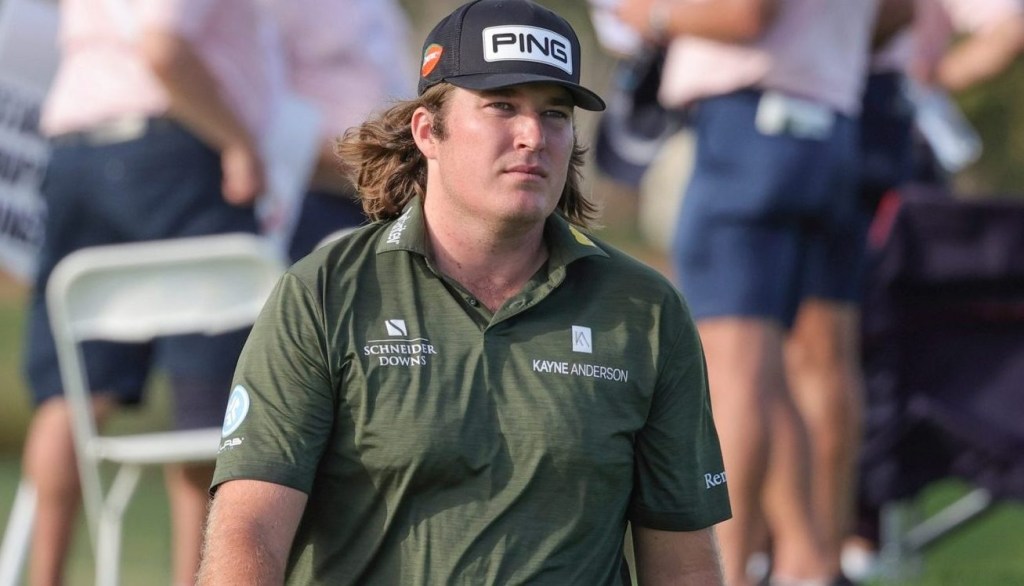
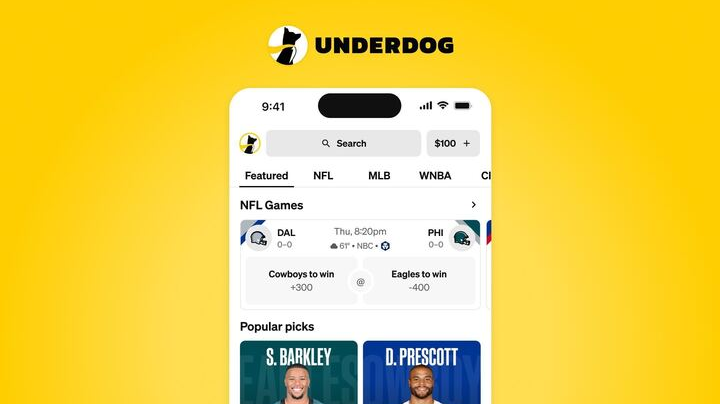
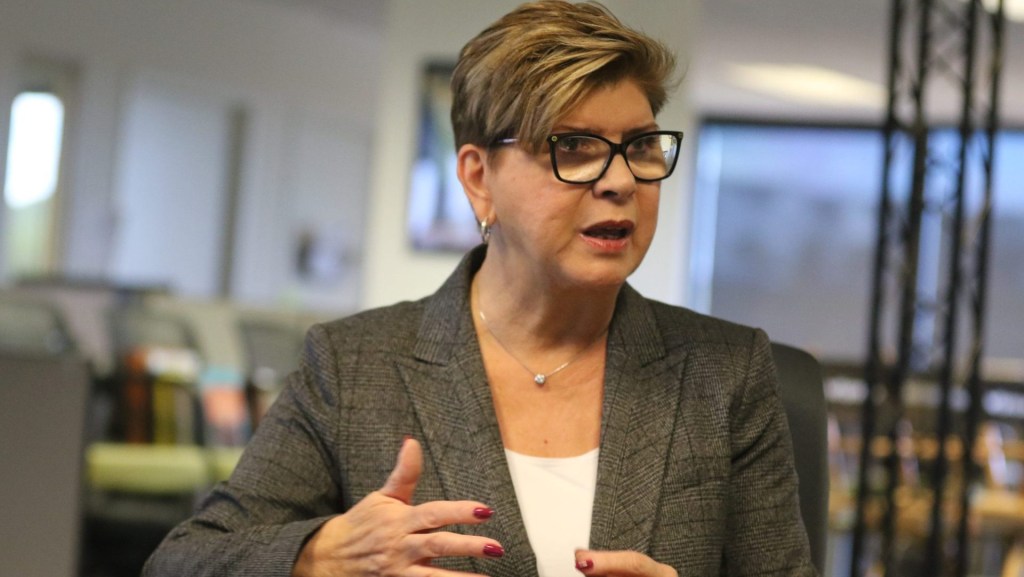
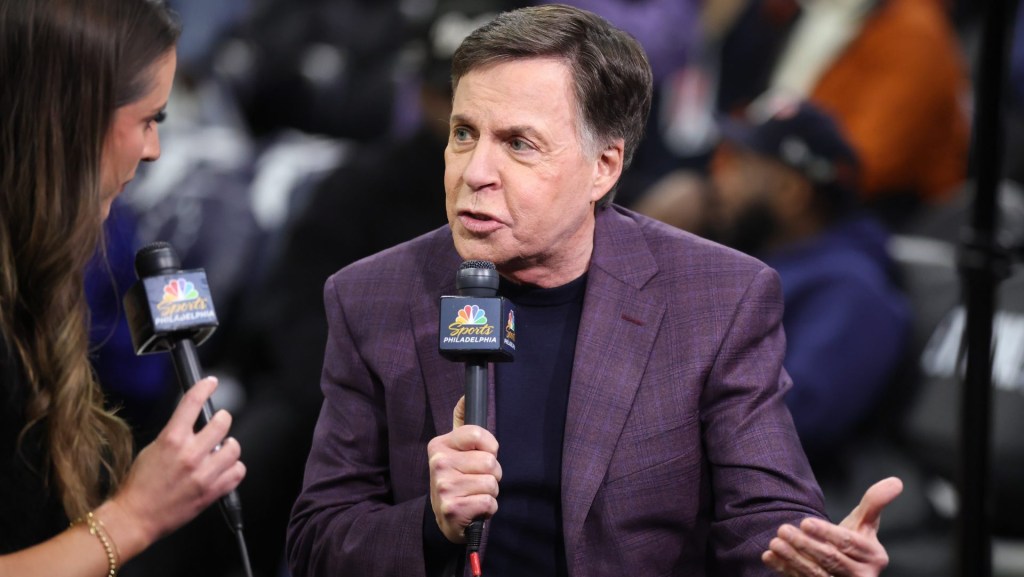


![[Subscription Customers Only] Jun 15, 2025; Seattle, Washington, USA; Botafogo owner John Textor inside the stadium before the match during a group stage match of the 2025 FIFA Club World Cup at Lumen Field.](https://frontofficesports.com/wp-content/uploads/2026/02/USATSI_26465842_168416386_lowres-scaled.jpg?quality=100&w=1024)
![[Subscription Customers Only] Jul 13, 2025; East Rutherford, New Jersey, USA; Chelsea FC midfielder Cole Palmer (10) celebrates winning the final of the 2025 FIFA Club World Cup at MetLife Stadium](https://frontofficesports.com/wp-content/uploads/2026/02/USATSI_26636703-scaled-e1770932227605.jpg?quality=100&w=1024)








